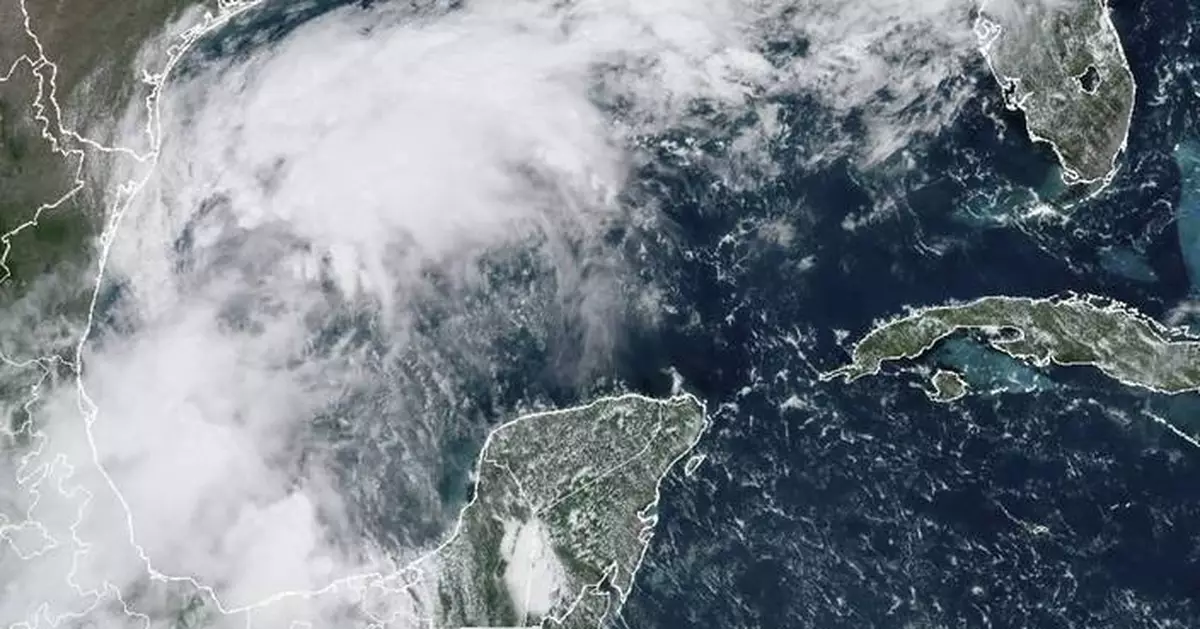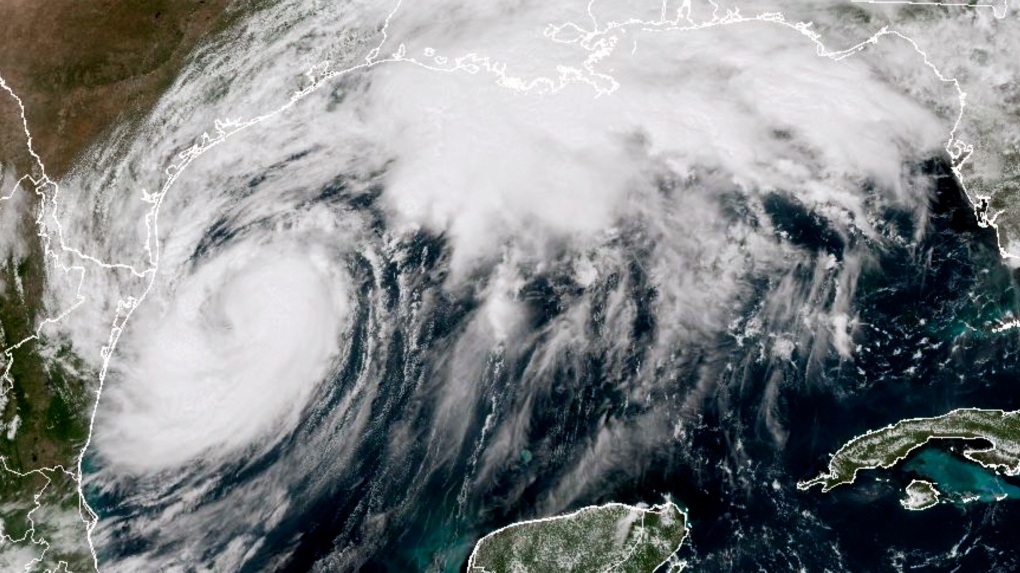As Hurricane Francine neared the Gulf of Mexico, Danielle Morris, a resident of Dulac, Louisiana, faced a difficult decision. Despite having lost her previous home to Hurricane Ida in 2021, Morris chose to stay, preparing her family’s generator and stocking up on gasoline. Her decision to ride out the storm was fraught with risk, reflecting the challenging choices many in her community have to make during severe weather events.
When Francine made landfall, it did not lead to the large-scale devastation that some had feared. Although it weakened to a tropical storm as it moved inland, it still caused significant damage and raised concerns among residents. The hurricane’s rapid intensification, fueled by the unusually warm waters of the Gulf, highlighted the increasing impact of climate change on weather patterns.
The storm’s winds, which reached 100 mph, inflicted damage on many areas previously struck by Hurricane Ida. Francine targeted the same vulnerable bayous and towns in Louisiana’s fragile coastal regions, exacerbating the difficulties faced by communities such as those in Lower Terrebonne Parish, home to many Indigenous and tribal members who have been displaced by climate change.

Louisiana Braces for Hurricane Francine as Residents Face Tough Choices Amid Repeated Disasters
During the storm, Danielle Morris experienced severe conditions, with strong winds and falling trees posing immediate threats. While no fatalities or major injuries were reported, several people required rescue from rising waters, and power outages affected hundreds of thousands. The storm’s intensity was surprising to many, including those like Ursula Ward, who had also been displaced by Hurricane Ida.
Ursula Ward found herself struggling with the unexpected strength of Francine, which flooded her street and damaged her home. Like Morris, Ward faced the difficult task of dealing with the aftermath and finding safe shelter. The storm’s impact was especially hard on those living in mobile homes, who were required to evacuate, including Lertrelle Ray, who had been relocated by Ida and was forced to seek refuge in Mississippi.
Ray’s experience highlights the ongoing challenges faced by those displaced by previous storms. Living in a FEMA trailer, she worried about the potential loss of her temporary housing due to Francine. The stress of repeated displacements and rising housing costs has made her situation increasingly precarious.
In the aftermath, residents and recovery crews began the challenging work of cleaning up. While power companies worked to restore services, businesses like taqueria truck continued to operate using generators. Despite the damage and ongoing power outages, Danielle Morris found some solace in the improved defenses of her new home, which fared better than her previous one. The storm underscored the urgent need for broader climate action to address the growing risks faced by communities like hers.











































